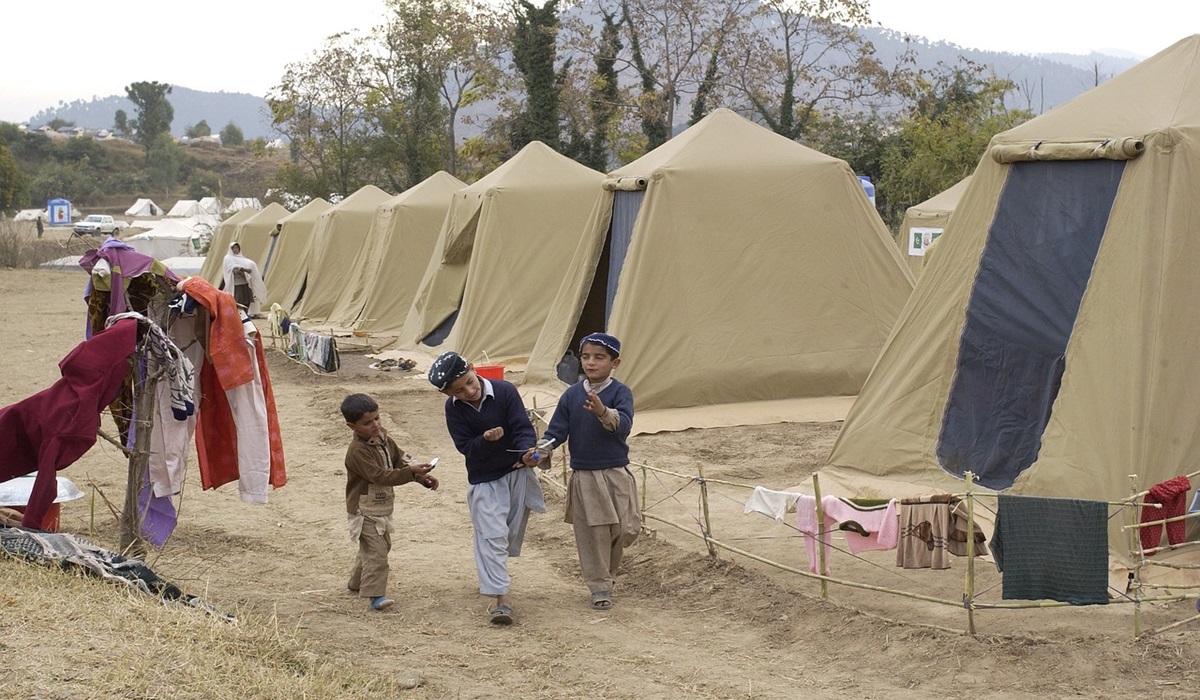If The Global Elites Do Not Want Refugees, They Should Stop Creating Them!
- TDS News
- Trending
- December 29, 2023

Image credit, 12019
In the high-stakes world of global conflicts, a profound dichotomy emerges as nations, often wielding considerable military might, play a pivotal role in perpetuating wars thousands of miles away. The paradoxical nature of these conflicts becomes apparent when examining instances like the Gaza-Israel war and civil wars in Africa, where powerful militaries influence the course of battles through financial and military support.
The Gaza-Israel conflict epitomizes the complexities of modern warfare, where the global elites indirectly shape the course of battles through financial and military support. The United States, a staunch ally of Israel, has been a significant contributor to the military capabilities of the Israeli Defense Forces. This support, often seen as a manifestation of geopolitical interests, raises questions about the ethical dimensions of such alliances.
Similarly, in various African countries, civil wars have been exacerbated by foreign interventions. Governments with close ties to former colonial powers, like France, have been implicated in providing military assistance, thereby influencing the trajectory of conflicts. This raises concerns about neocolonialism and the perpetuation of instability for geopolitical gains.
In the Gaza-Israel conflict, Hamas, the democratically elected government of the Palestinian people, has played a central role. Notably, its funding has been attributed to support from various Arab states. This dynamic illustrates the broader regional involvement in conflicts, where differing agendas among states may lead to support for groups to advance their own interests, further complicating the landscape of war.
As conflicts rage on, the victims of war often seek refuge, triggering migration flows that, in turn, generate new challenges. It is imperative to acknowledge the plight of those fleeing war-torn situations and the difficulties they encounter when attempting to migrate to places like France, the USA, and several EU nations.
While individuals must follow proper immigration channels, the paradox arises when those escaping conflict encounter hostility in their desired country of refuge. It becomes disheartening when countries indirectly or directly involved in conflicts become unwilling to address the resulting immigration crises.
To confront the immigration challenges being waged by proxy wars, it is crucial to address the root causes of conflicts. By fostering stability and advocating for diplomatic resolutions, a singular focus on these aspects can create conditions discouraging mass migrations driven by desperation. The dichotomy of war, where powerful nations both shape conflicts and resist the influx of refugees, underscores the need for a global reevaluation of priorities. As the world grapples with these complex issues, a call for responsibility and ethical considerations becomes paramount, emphasizing that the cycle can only be broken by addressing the underlying causes of conflicts. This approach paves the way for a more just and compassionate world.








